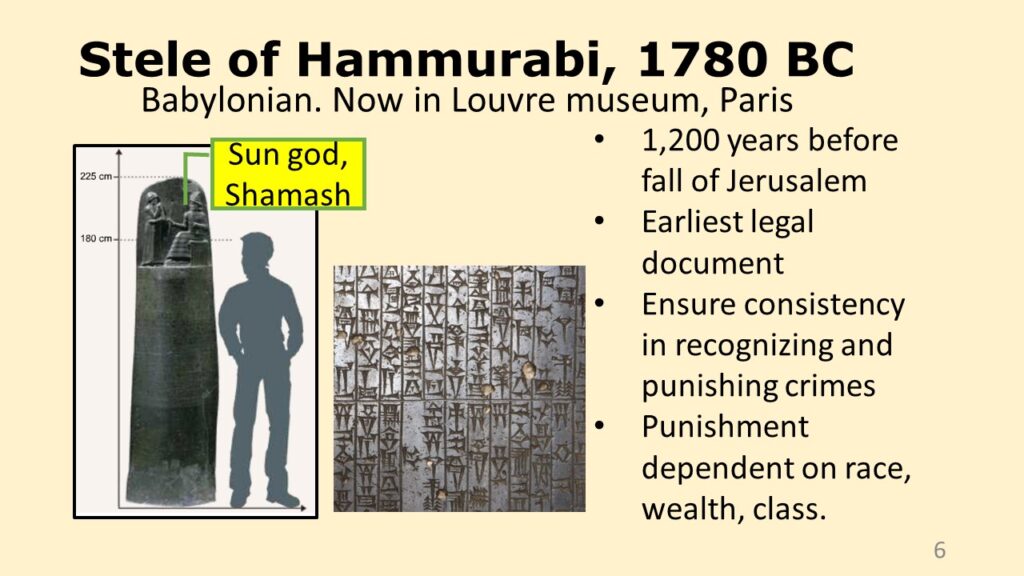I feel compelled to give the backstory of the sermon (49:33) I preached yesterday, and to reinforce and summarize it.
John Calvin famously said that our hearts are idol-factories.
We want God to give us peace, tranquillity, comfort. Therefore, we shape him so. We spiritualize texts.
Take for example Psalm 23, the shepherd song. We love that the shepherd takes us to peaceful places, with plentiful food, pleasant breezes, plenty of sleep.
We recall scriptures which call our pastors shepherds, and we expect our pastors to be comforters. We don’t expect them to demand that secular leaders work to bring about the world described in Psalm 23.
We fail to think about leaders outside the church, people with power and influence. For example, prosecutors, kings, politicians. We fail to think that we, Christians, should be among them and also tell them what they should and should not do.
But the scriptures do refer to some leaders outside the church as shepherds. Some, like Cyrus, are called good. Others are called bad.
While I was thinking about what I should preach on Sunday, the 15th General Election was announced.
I began thinking about how I should vote. I read the election manifestos of the competing coalitions.
I wondered what Christians should look for in manifestos. I wondered what the scriptures have to say about leaders outside the church. I wondered what Christians should look for in leaders. I wondered what Christian preachers have said about these things.
I found myself drawn to the Old Testament text for Christ the King Sunday in Year A of the Revised Common Lectionary. It’s Ezekiel 34. It’s about shepherds, good and bad. It’s also about God as the model ruler of nations.
I learned that Ezekiel’s presentation of God as a good ruler, a good shepherd, is very like how king Hammurabi had presented himself in steles, stone pillars, which he put up around his kingdom.
Through inscriptions on the pillars, Hammurabi defined and made known what behaviours and actions the government he led would treat as offences, and how offenders would be punished. Hammurabi’s laws ruled over Ezekiel and those around him.
Through the inscriptions, Hammurabi also claimed he’d done good for his people, for humans. He’d brought them abundant water for their crops. He’d stockpiled food for them. He’d established laws and and the means to enforce them. Hammurabi’s claims made him sound like he was the good shepherd in Psalm 23.
I’d never heard Psalm 23 or Ezekiel 34 interpreted in the light of Hammurabi’s references to himself as shepherd.
I had an “aha!” moment. I “saw” that the book of Ezekiel is subversive. It uses the language of kings, of politics, to challenge and weaken the claims of earthly rulers. It condemns unequal treatment of humans.
I learned what famous Christians have said about politics. Luther had railed against preachers who didn’t condemn failures of secular leaders. Spurgeon had urged the use of force to end slavery.
I learned that Christian writers on justice have formulated statements which can and should be the core of election manifestos, which are statements of what a just world should look like. A just world is what humans desire and what God commands.
I saw that even in election years, on Sundays we rarely hear about features of a just world. I realized that if we don’t ask, we won’t get.
But we need patience. God is a Three Mile an Hour God. We have to ask our preachers – repeatedly – to speak to us about good and bad shepherds, about politics. We have to remind them what Luther, Spurgeon and many other heroes of the faith said.
Some words written by John de Witte Jr suggested themselves to me as Manifesto thoughts for Christians. I adapted them as follows:
- First, given that all persons stand equal before God, they must stand equal before God’s political agents in the state.
- Second, given that God has vested all persons with natural liberties of life and belief, the state must ensure all people can exercise their natural liberties.
- Third, given that God has called all persons to be prophets, priests, and kings, the state must protect all persons their freedoms to speak, to preach, and to rule in the community.
- Fourth, given that God has created persons as social creatures, the state must promote and protect a plurality of social, non-governmental institutions.
I hope we will use “Manifesto thoughts for Christians” as lenses to read the scriptures, to reflect on the news, and to influence others. If we do so, we will be more than coffee shop commentators on politics. We will be salt and light in the world (Matthew 5:13-16).
To learn more about Rama, click here.


